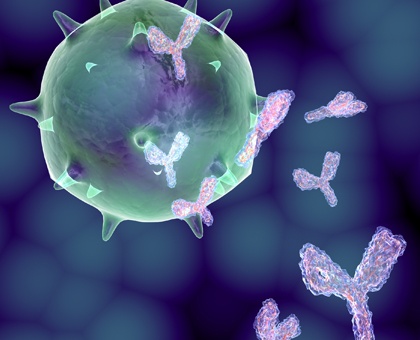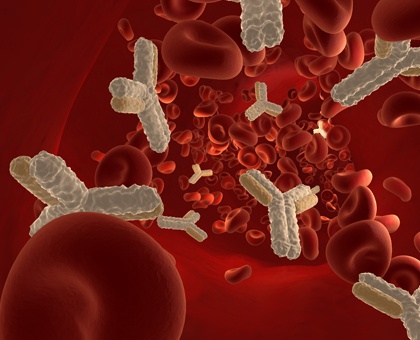Adjuvants play an important role in the antibody production by acting as immunopotentiators. They augment immune response via different mechanisms depending upon the adjuvant such as ‘depot’ effect, antigen presentation, antigen targeting, immune activation or modulation and cell-mediated response. The goal of adjuvant for antibody production is that high affinity, high titer and high avidity (for polyclonal) antibodies are raised. Both humoral and cell mediated response are necessary to achieve efficient antibody production. There are hundreds of preparations for adjuvants described in literature depending upon specific needs of an investigator. Nevertheless, most commonly and widely used adjuvants for antibody productions are few as listed below.
While both monoclonal and polyclonal antibodies can be used in a wide variety of applications including Western blot, enzyme-linked immunosorbent assays (ELISA), immunoprecipitation, immunofluorescence, immunocytochemistry, Biochip technology and in the diagnosis of disease, they each have their own advantages which make them useful for different applications. To determine which type of antibodies should be used for a particular application, let us try to understand the difference between the two.
Topics: Antibody Production
Recombinant antibodies (rAbs) are monoclonal antibodies which are generated in vitro using synthetic genes. Unlike monoclonal antibodies (mAbs) which are produced using traditional hybridoma-based technologies, rAbs do not need hybridomas and animals in the production process.
Topics: Antibody Production
Researchers have traditionally used agarose beads for immunoprecipitation (IP). However, there has been a growing trend in recent years favoring the use of magnetic beads. According to a recent survey of 1,013 scientists, 60% of the respondents will start using magnetic technology in the next three years.
Topics: Protein Concentration, Antibody Production, Protein Extraction







